Sessions / KOTESOL Room
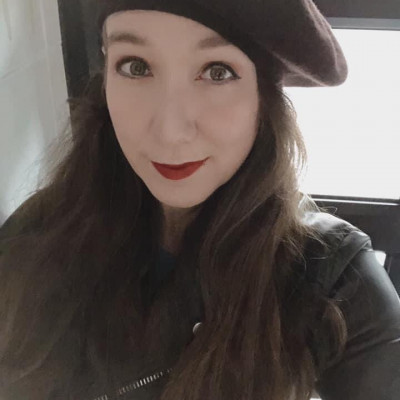
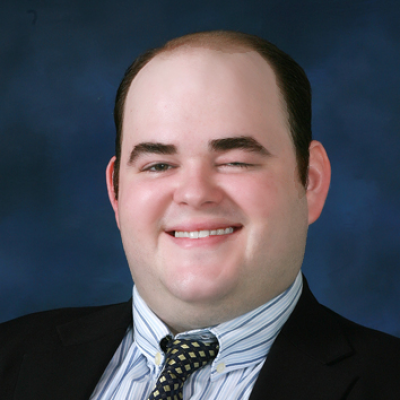
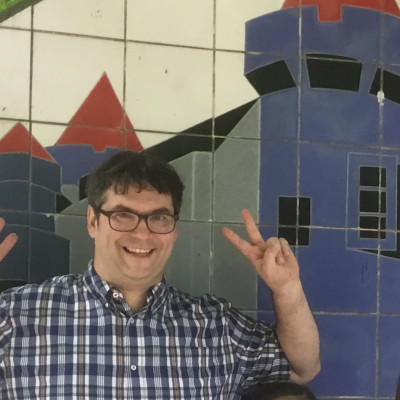
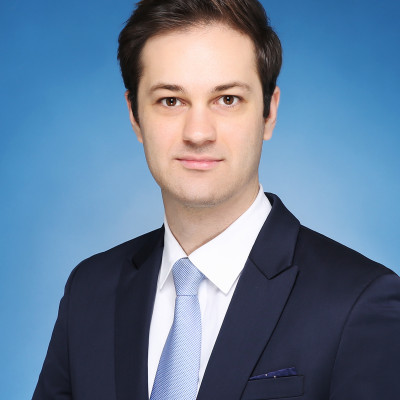

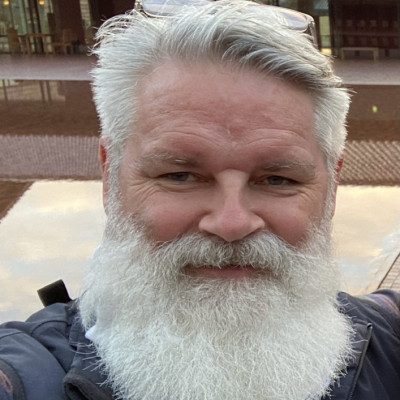
Online Classes: Surviving and Thriving in 2021 #1061
Due to the coronavirus pandemic, online teaching has moved from a position of tenuous acceptance and application into standard practice across the world. From parents to students to educators, everyone has undoubtedly struggled with this shift. In this panel, members of the Multimedia and CALL Special Interest Group (MCALL-SIG) as well as two invited speakers will review positive and negative experiences with online teaching; discuss the challenges of converting standardized offline classes to online classes; explore strategies to adapt offline teaching practices to online classes; and share insights into what it takes to succeed in education today.
The panel will also be prepared to engage with audience members on specific questions related to online education, using technology in their classes, and solutions and resources to assist educators with tech-related issues in their respective classrooms. Attendees will leave with a renewed perspective on online teaching as well as practical solutions to the challenges of teaching offline courses in an online setting.

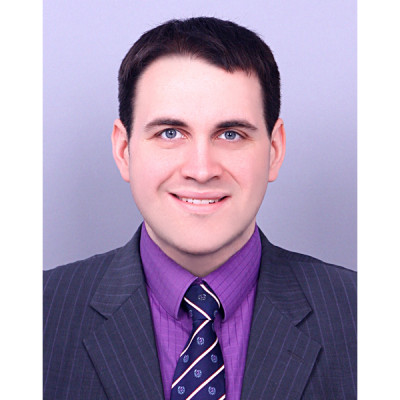
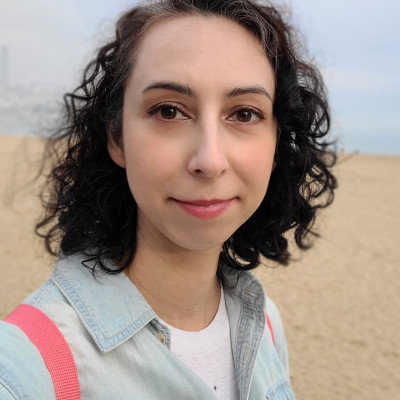
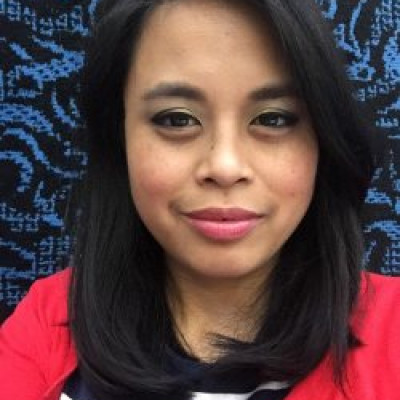

Social Gaming Session with the Busan Chapter! #1059
Online conferences allow participants a chance to continue to grow professionally by attending virtual presentations and panels, but does not allow for the traditional wine and cheese mixers, dinners, and other social gatherings associated with conferences. Through the use of Zoom and a couple of online games, the KOTESOL Busan-Gyeongnam Chapter would like to invite conference participants to an online social event from the safety and convenience of their own homes. Busan-Gyeongnam will play host to those that want to socialize with colleagues, experiment with online social games, or just want to be around other people. Different Zoom breakout rooms with different games (via social networking sites and games offered across platforms) will be offered. Attendees need not worry about their skill level or experience when it comes to games, but they must have access to Zoom on a computer and an additional smartphone or tablet.
The KOTESOL Busan-Gyeongnam Chapter Officers are Anika Casem (President), Daniel Jones (Treasurer), Kirsten Razzaq (Secretary), Rhea Metituk (Membership Officer), and Brittany Cardamone (Webmaster). Cumulatively, they have been in South Korea and teaching for over 40 years and have taught the gamut of elementary to adults in the private and public setting.
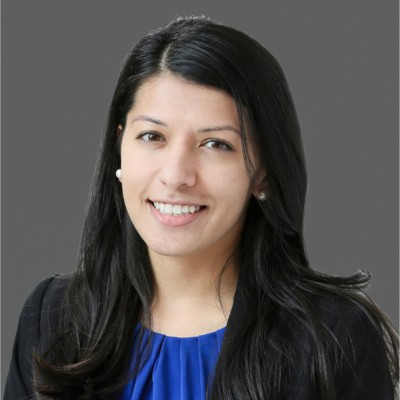
Interactive and Engaging Activities for the Online (or Offline) Classroom #1029
In this hands-on workshop, participants will learn some interactive and fun activities designed for the online or hybrid classroom. These activities can also be used in person if students have computers. Participants will have the opportunity to try out the activities and discuss how they may be adapted and applied to different learning contexts. Activities include radio dramas, collaborative quiz making, and other “games” that can be played in any learning platform such as Microsoft Teams, Moodle, or Schoology. All activities are designed to achieve language outcomes related to grammar, reading comprehension, or vocabulary.
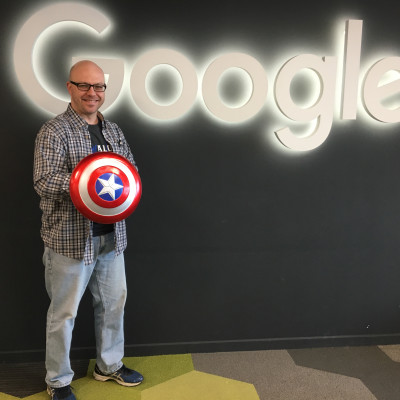

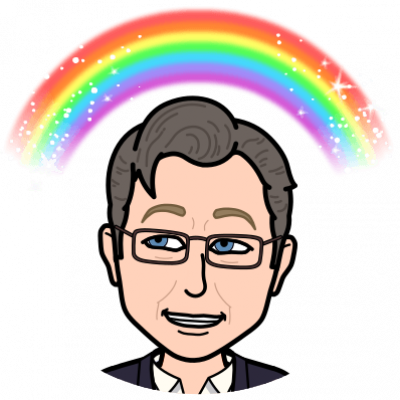
Yongin-Gyeonggi Chapter Virtual Welcome Table and Symposium #1168
Join us as we discuss the opening keynote and happenings up through Monday afternoon. What sessions did you attend? What ideas, questions, and wonders do you have? What is your plan for the remainder of the conference? More to the point, this is a “socially professional” space for us to have guided conversations about camps during the breaks (adjusting to levels), podcasting, digital citizenship/literacy, and tech tips.
***** Welcome Table Poetic Catalyst
Drop by, say “hi," ask why / share the word you heard from Gerd / make a rhyme, spend some time / sip some tea, virtually / make a friend, ‘cause in the end / this table is set altogether to get / us all together, and you can bet / this conference will be / so much better with you, here with me.
***** SCHEDULE
7~7:05 p.m. Welcome ~ Overview (James Rush II)
7:05-7:25 p.m. Panel: Fri~Weekend-Mon summary Insights/Questions
7:25-7:40 p.m. Podcasting: Q & A, Future Plans and Considerations (Greg Lewis)
7:50-9:00 p.m. Kids on Zoom: What Worked; What Didn’t (Martin Todd, Bien Gruber, David Berry)
9:00-9:30 p.m. Tech Tips Sharing/Writing (David Kim)
***** ABSTRACTS
* 7:25-7:40 p.m. Podcasting: Q & A, Future Plans and Considerations (Greg Lewis)
What started out as an idea within the chapter has allowed for a lot of good discussions, interaction, and considerations. This general topic can go in any number of directions. The main goal is to share ideas while explaining the challenges and successes so far.
* 7:50-9:00 p.m. Kids on Zoom: What Worked; What Didn’t (Martin Todd, Bien Gruber, David Berry)
Due to the COVID pandemic, the regular storm of English camps was not held offline in the summer of 2020; but Yonsei University hosted a Zoom English camp, which they re-hosted again in the winter, as some other camps either returned offline or began using Zoom. The presenters will talk about the unique set of issues they encountered as they landed on the front line of the collapsed (offline) Mapo-Yonsei English Camp and re-imagined it on the fly as a remote educational adventure: what they tried; what worked; what didn’t.
* 9:00-9:30 p.m. Tech Tips Sharing/Writing (David Kim)
Digital citizenship has three major themes and nine principles. This brief session will be introducing these as a way to connect with one another. It may be a bit odd and a somewhat different way to approach a topic, but in the end, the goal is to be professionally social and gain an awareness of one's digital footprint.

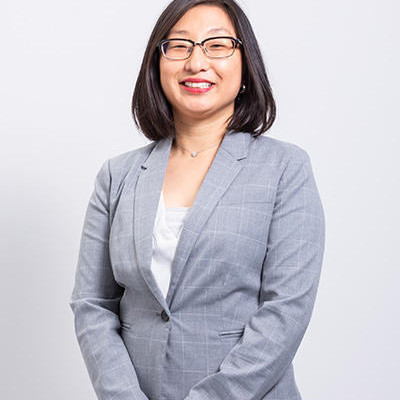

Roundtable for Cross-Cultural Collaboration Between Korea and Japan #1030
This roundtable features speakers who have experience in research or teaching in both Korea and Japan, or facilitating or collaborating between the two countries. After brief opening remarks, the session will be open to participants for discussion and networking. This session aims to bring leaders, researchers, and teachers in Korea and Japan together with the goal of working in closer collaboration.
Speaker 1 (Dawn Lucovich), Professional and Community Development: I will discuss how professional organizations and their members in Korea and Japan can work together to create mutually beneficial opportunities.
Speaker 2 (Miso Kim), Research: I would like to share Korean-Japanese research collaboration ideas on these topics: (a) the social significance of standardized English tests, (b) students' motivation to study English and go abroad, and (c) the feasibility and practicability of English as a Lingua Franca (ELF) education.
Speaker 3 (Erin Bruni Suzuki), Teaching: I will discuss how university students, high school students, and debate coaches in Korea and Japan worked to create an online international high school parliamentary debate tournament.
Speaker 4 (Rhea Metituk), Professional and Community Development: I will share my experiences developing connections and collaborations across KOTESOL and JALT, including through events both offline and online, and through JALT's Performance In Education SIG.

Gwangju-Jeonnam Chapter Presents: As Time Goes By: Revisiting Some Familiar ELT Questions #1154
** Free and open to all! **
This session will reconsider some important questions already familiar to English teachers.
Should we let students use L1? Should we use it ourselves? How can we motivate disinterested students? How useful are our class activities, really? EFL teachers are sure to meet these questions, and many more. As our experience broadens, we develop a sense of our answers. Our philosophies grow, evolve, and deepen.
With this in mind, this session will challenge attendees to re-examine some of these ‘old’ questions in order to reflect on what we believe now, how we got here, and where we might go next. Attendees will reflect on three important themes in ELT: L1 in the classroom, student motivation, and activity effectiveness. Attendees will gain insight into their own beliefs and practices, and the presenter will offer some of his own ideas along with a smattering of theory, casting some new light on perennial issues.

Gwangju-Jeonnam Chapter Presents: Redefining Homework: Finding Self-Study Solutions #1155
** Free and open to all! **
Most students don’t like homework. “Homework” often suggests tedious busywork. Many students rush homework, focused on what they can do afterwards. Some teachers give rewards for “finishing” homework.
But what if homework became a reward unto itself?
Using self-study solutions, learners can become proactive in meeting their own goals. They can also become more aware of progress.
Language learning is a monumental task, with countless things to remember. The cycle of learning and forgetting can be extremely demotivating. Self-study helps to strengthen memory, but it can feel boring, lonely, and frustrating. What can be done about this?
This presentation will focus on finding the right self-study solutions to motivate learners. Spaced repetition and human memory will be discussed. Participants will discuss their own experiences, and compare different self-study tools including Memrise, Quizlet, and Anki. Other self-study tools and unique ideas, such as LCD writing boards, will also be explored.
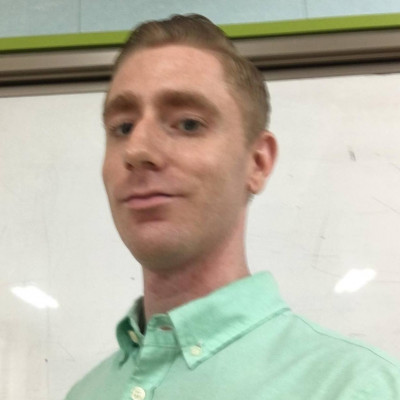
Gwangju-Jeonnam Chapter Presents: Re-envisioning Authentic Materials Together #1156
** Free and open to all! **
Authentic materials are often lauded, but seemingly rarely used. Have you ever wanted to use authentic materials in your classroom but were not sure how to? Are you unsure about what exactly an authentic material is? The purpose of the workshop is to help participants reflect on their usage or possible usage of authentic materials in their own contexts.
First, we will discuss what exactly authentic materials are, and their advantages and disadvantages. Next, we will play “Authentic or Not”, with participants deciding whether or not something is an authentic material. Finally we will move onto a broader discussion wherein participants can share exemplary authentic materials they have used and how they used them in their classes, and other resources that may be useful in selecting or presenting said materials. Participants will leave this workshop with new perspectives on authentic materials and ways they can be used.

Gwangju-Jeonnam Chapter Presents: Using Creative Constraints in Speaking-Based Activities #1157
** Free and open to all! **
Role-plays and dialogues can be fun production tasks that spark students’ creativity while also encouraging movement in the classroom. However, many students (especially those less academically-inclined) may be quick to throw up their hands and say “I have no idea” or “I’m not creative.” It’s a common problem that can derail creative dialogue activities.
The key to creative breakthroughs can start with setting restrictions or boundaries - creative constraints. By setting initial limits on role-playing possibilities, students can find more creative freedom - a kind of “jumping-off point.” As teachers, we can turn these dials to scale speaking activities to students’ language abilities and promote more creativity in our classrooms.

Gwangju-Jeonnam Chapter Presents: "Play It Again, 쌤!" Closing Zoom Social and Dance Party #1158
** Free and open to all! **
This evening’s special lineup from the Gwangju-Jeonnam KOTESOL Chapter will conclude with a relaxed social event over Zoom. Please join us to mingle, chat, and have fun! Stewart Gray has promised to do a little DJing to set the mood for us, and he may be open to requests.
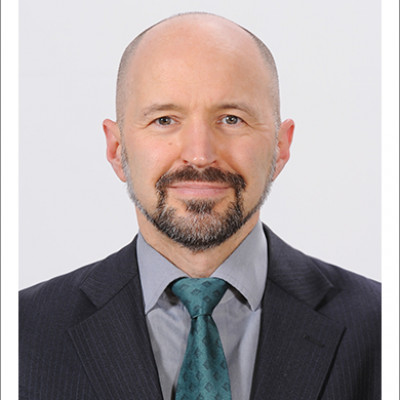
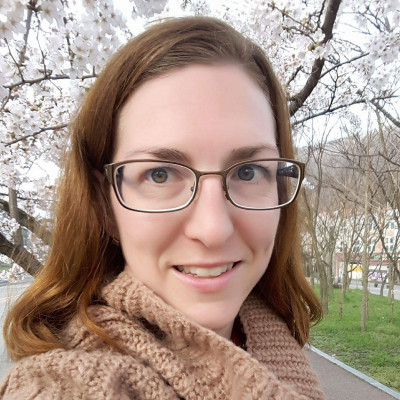



KOTESOL Connections: Diversity Panel #1151
KOTESOL members come from diverse backgrounds and identities with varied concerns and interests. This panel is meant to explore the successes and challenges our members experience based on that diversity, as well as how KOTESOL hopes to improve in the future. In turn, KOTESOL Special Interest Groups [SIGs] under the social justice umbrella will offer insights, followed by discussions of related questions in breakout rooms, to which all participants are invited.
Representation and Diversity in KOTESOL Membership
[KOTESOL Social Justice SIG] Jocelyn Wright:
Being ‘researching associations’ is becoming a bit of a trend these days among language teaching associations. From the social justice perspective, an interesting theme to explore within an organization is the issue of representation and diversity of membership. What is it we actually know about our members? What might we guess based on available data? What do we not know? To understand representation and diversity within KOTESOL, answering these questions is a good starting point for further reflection and action.
Bolstering Women and Gender Equity
[KOTESOL Women and Gender Equality SIG] Rhea Metituk & Anika Casem:
Gender equity issues affect our students, and teachers in Korea, as well as the society we are immersed in. As global citizens and as teachers in Korea, what strategies can be applied to address these issues? This presentation will review steps taken by the group initiatives, as well as shed light on areas needing attention and a call to action.
Increasing Diverse Voices Within KOTESOL
[KOTESOL People of Color SIG] Kara Waggoner & Anika Casem:
While we might not know the exact numbers, the number of diverse members within KOTESOL seems to be decreasing in recent years. This is at a disservice to us as an organization because we are missing out on their unique perspectives and the experiences they bring. This part of the panel discussion will look at ways we can make teachers of color feel welcome and invited into KOTESOL.
Covid and the Climate: Unequal effects, similar opportunities
[KOTESOL Environmental Justice SIG] Julian Warmington & Rhea Metituk:
We will review what the Environmental Justice group has achieved so far, preview current plans going forward, and discuss how the Covid 19 era has altered both. We will also discuss why the pandemic era is crucially important for us all as citizens of the global village. We will end with a talk about roles and openness to change and input from all.
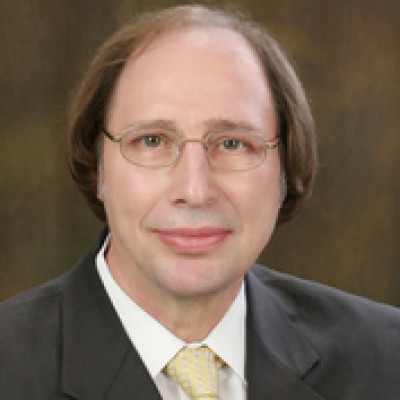
KOTESOL Connections: All About KOTESOL Publications: What, How… #1152
This session is designed to inform attendees about KOTESOL’s three main publications: the quarterly magazine The English Connection (TEC), the semi-annual Korea TESOL Journal (KTJ), and the annual KOTESOL Proceedings. In addition to merely informing attendees about our publications are aims are twofold: (a) to interest individuals in possible contributing to our publications and (b) to interest individuals into the possibility of coming on staff. For TEC, an explanation will be given of how authors are recruited and articles obtained for the issue’s theme, what copy-editing and production steps an article goes through from its submission to its publication, and what skills are required of editors. For KTJ, the call-for-papers will be explained, the different types of articles accepted will be described, and the review process will be outlined, as well as the copy-editing and production process, which closely follow APA style guidelines. KTJ also serves as a mentoring journal when that service is required. KOTESOL Proceedings are published once a year and is a collection of articles based on presentations given at the previous Korea TESOL International Conference – articles on research presentations, workshops, and poster sessions. The review, copy-editing, and production processes are similar to that of KTJ. Several of KOTESOL’s smaller, online publication opportunities will also be introduced. Substantial time will be allotted for a concluding question-and-answer session.
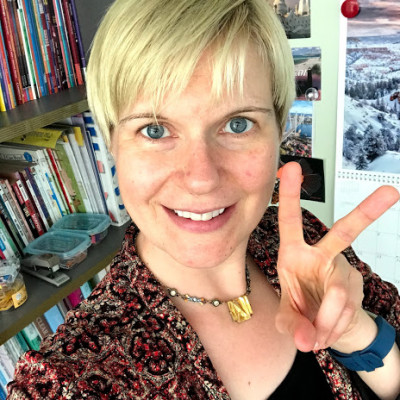

KOTESOL Connections: Membership Perks, Privileges, & Possibilities #1153
How much do you really know about KOTESOL, its Membership Committee, and your membership benefits? Join us for a pub quiz-style challenge, and then collaborate in teams to create a "wish list" for what you'd like to see from the committee in the future!
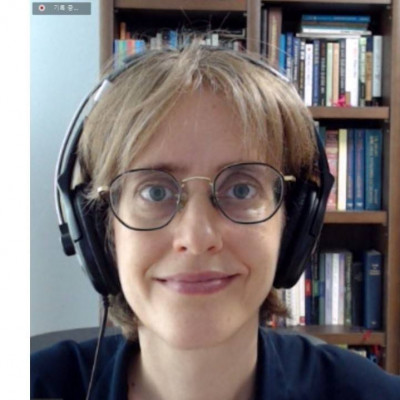

Christian Teachers SIG Dialog: Christian Identity and Teaching Critical Thinking #1058
This dialog, hosted by the KOTESOL Christian Teachers SIG, will challenge participants to articulate their beliefs about Christian identity and teaching critical thinking by answering the following questions in small groups: What is critical thinking? What is the relationship between critical thinking and cross-cultural understanding? What roles do identity and empathy play in critical thinking? Do Christian English teachers have an obligation to teach critical thinking? How might Christian identity affect a teacher's materials and methods for teaching critical thinking? As a follow up to the discussion, participants will be invited to contribute their reflections on Christian identity and teaching critical thinking to the KOTESOL Christian Teachers SIG newsletter.
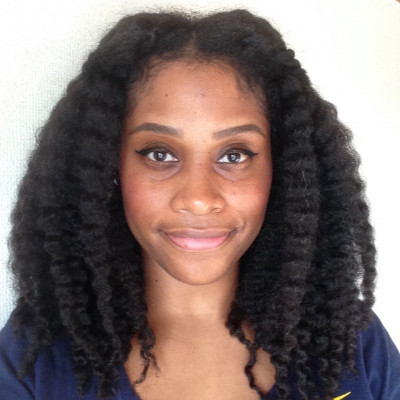
Re-thinking Presentation Design Together #1141
Presentation software is one of the most commonly used tools of instruction in educational technology. At the university level, it is regularly used to display lecture notes and assignments, but as we move down each stage of formal learning, its use tends to gradually decrease. At some schools, the use of technology in the classroom is discouraged or prohibited, and at others, the required equipment may not be readily available or accessible.
When classes were pushed online due to the COVID pandemic, a number of EFL teachers found themselves turning to presentation software —some for the first time in the classroom. Those who were familiar with its use in this setting were at an advantage, but a general desire to use the software creatively to engage students increased, as was evidenced by the teachers who reached out to me for help in designing their lessons. While some EFL teachers may be aware of creative ways in which they can use presentation software, finding design inspiration and moving from concept to creation can be a challenge, especially when their familiarity with the software is not that high.
In this presentation, I will help you re-think presentation design. I will re-introduce you to some of the features available in desktop presentation software, and I will guide you through practical exercises geared at helping you to think creatively about how you can display information on your slides and engage your students. Come prepared to channel your inner creativity!
This presentation is brought to you by the MCALL Special Interest Group
Multimedia and Computer-Assisted Language Learning SIG Sessions #1062
1. Activating Speaking Skills in Online and Asynchronous Environments, Isobel Hook ("101" workshop, 40 minutes),
Over the past year, many language classes have moved online due to health concerns. Educators and institutions alike have responded to this in a variety of ways, from embracing and encouraging the changes to resistance and insisting that language skills could never be taught online. However, having increased student control over the way a speaking task is conducted allows many students to excel when they would have otherwise floundered.
This presentation will discuss how various class systems and digital tools can be used to encourage active learning and focus on different speaking-associated challenges such as timing, content, and performance anxiety, which can hinder students' active learning. In traditional classrooms, students who struggled with one or more of these elements may have found they struggled with speaking tasks. A wide variety of approaches helps teachers to individually target these elements of speaking while encouraging self-evaluation, accountability, and independence.
2. A New Normal? Reflecting on the Opportunities and Costs of a Year of Mass Remote Learning (
The past 12 months in higher education have brought mass accredited remote learning from an idea to a reality. This workshop will discuss the response to continuing education in the pandemic as one of necessary firefighting or one of a glimpse of a new future. Major questions have been raised about the purpose of higher education, and the role of pedagogy within tertiary learning itself. Some of these questions have been long-term considerations about the changing role of the university in society, while others are fought on the battleground of how educational technology should be utilized within the learning context.
During this workshop, participants will be asked to share their experiences of remote learning, consider what their expectations of tertiary education are, and the lessons that can be learned going forward from 2020.
3. Re-thinking Presentation Design Together, Lisa M. Hunsberger
Presentation software is regularly used at the university level to display lecture notes and assignments, but as we move down each stage of formal learning, its use tends to gradually decrease. When classes were pushed online due to the COVID pandemic, a number of EFL teachers found themselves turning to presentation software —some for the first time in the classroom. While some teachers were aware of the creative ways in which they could use presentation software, finding design inspiration and moving from concept to creation was a challenge.
In this presentation, I will help you re-think presentation design. I will re-introduce some of the features available in desktop presentation software, and I will guide you through practical exercises geared at helping you to think creatively about how you can display information on a slide and engage your students. Come prepared to channel your inner creativity!
4. A New Normal? Reflecting on the Opportunities and Costs of a Year of Mass Remote Learning, Michael Brandon (Workshop, 80 minutes)
5. Innovative Assessment Practices, Victor Reeser (Workshop, 40 minutes)
While there are more online and digital teaching resources available to educators today than ever before, fossilized teaching practices and institutional restrictions often lead to oversimplification of assessment practices to the detriment of our students. This workshop will discuss traditional assessment practices, including their purpose and metrics, and explore research-backed methods of evolving assessment to meet the needs of today’s English-language learners (ELLs). By establishing standards-based assessments and utilizing tools such as skill inventories, reporting forms, and comments, educators can accurately measure student progress and adapt their lessons to meet individual needs. The efficacy of practices such as accepting late work and allowing students to resubmit work will also be discussed. Attendees can expect an engaging and thoughtful discussion on the topic and should be prepared to participate.
The past 12 months in higher education have brought mass accredited remote learning from an idea to a reality. This workshop will discuss the response to continuing education in the pandemic as one of necessary firefighting or one of a glimpse of a new future. Major questions have been raised about the purpose of higher education, and the role of pedagogy within tertiary learning itself. Some of these questions have been long-term considerations about the changing role of the university in society, while others are fought on the battleground of how educational technology should be utilized within the learning context.
During this workshop, participants will be asked to share their experiences of remote learning, consider what their expectations of tertiary education are, and the lessons that can be learned going forward from 2020.
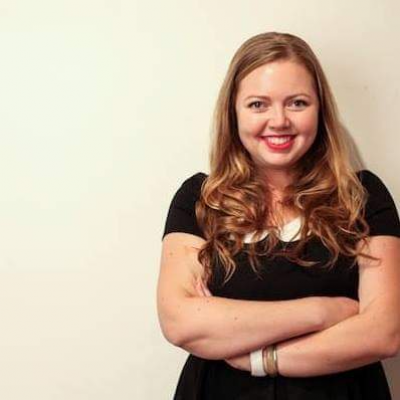
Activating Speaking Skills in Online and Asynchronous Environments #1142
Over the past year, many educators have seen classes move online due to health concerns. Educators and institutions alike have responded to this in a variety of ways, from embracing and encouraging the changes to resistance and insisting that language skills could never be taught online. However, this move to distance learning is neither new nor revolutionary. Distance education has been used for decades and is an increasingly popular alternative for learners who are unable to attend traditional institutes for a variety of reasons. In fact, having increased control over a speaking task's pace, environment, time, topic, direction and amount of preparation allows many students to excel when they would have otherwise floundered.
This presentation will discuss how various class systems and digital tools can be used to encourage active learning and focus on different speaking-associated challenges. In this context, active learning is defined as students who are engaged with the materials via both their knowledge of the language and through social connections. The ability to speak in another language is affected by several elements such as pronunciation, timed output, content and clarity, receiving and responding, and performance anxiety, all of which can hinder students' active learning. In traditional classrooms, students who struggled with one or more of these elements may have found they were unable to complete speaking tasks to the best of their ability or participate at all. Using a wide variety of tools and approaches, teachers are able to individually target these elements of speaking and encourage student self-evaluation, accountability, and independence.
Instead of fearing that increased distance learning will result in the devaluation of English teachers, we should instead use our skills and knowledge to improve the quality of teaching and keep moving forward with the times. Creating spaces and materials for active learning allows students to define their needs and challenges and allows for students with a wider range of skills to succeed in speaking tasks.
This presentation is brought to you by the MCALL Special Interest Group
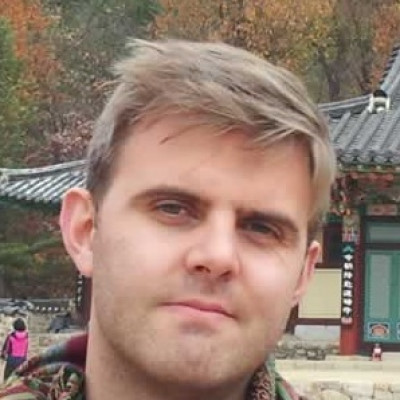
A New Normal? Reflecting on the Opportunities and Costs of a Year of Mass Remote Learning #1143
In response to the pandemic crisis, the Korean Ministry of Education had to create a universal response to ensure the standardized quality of the Korean higher education system, and to allow enrolled students to continue their studies. Using a set of measures for recorded and live classes these rigid rules provided some assurance that a set of standards could be maintained, a key factor considering the peninsula’s growing dependence on overseas students. Almost one year on, as a new academic year prepares to roll out on-line, do these measures provide a glimpse of an online future of higher education, or do they remain a set of necessary measures ready for lifting once the pandemic eases? There has been long-term discussion on what university actually means in the modern world, as higher education and institutions have shifted from small scale centres of scholarship to large scale global centres of learning. How learning should take place within higher education is a pressing issue brought even more to the fore by concerns on integrating educational technology and new pedagogies in a more digitized era. Has the experience of remote learning highlighted the importance of well-rounded and contextualized pedagogy, or has it exposed limits and weaknesses in tertiary learning? This workshop considers the pedagogical implications of the past 12 months, the economic factors involved, and the teleological issues at the heart of online learning. It will offer discussion sessions for sharing the experiences of the past 12 months and build up a reflective framework for participants to consider the purpose and goals of what is taking place within the remote learning space and what lessons can be learned and applied going forward.
This presentation is brought to you by the MCALL Special Interest Group.

Innovative Assessment Practices #1144
While there are more online and digital teaching resources available to educators today than ever before, fossilized teaching practices and institutional restrictions often lead to oversimplification of assessment practices to the detriment of our students. This workshop will discuss traditional assessment practices, including their purpose and metrics, and explore research-backed methods of evolving assessment to meet the needs of today’s English-language learners (ELLs). By establishing standards-based assessments and utilizing tools such as skill inventories, reporting forms, and comments, educators can accurately measure student progress and adapt their lessons to meet individual needs. The efficacy of practices such as accepting late work and allowing students to resubmit work will also be discussed. Attendees can expect an engaging and thoughtful discussion on the topic and should be prepared to participate.